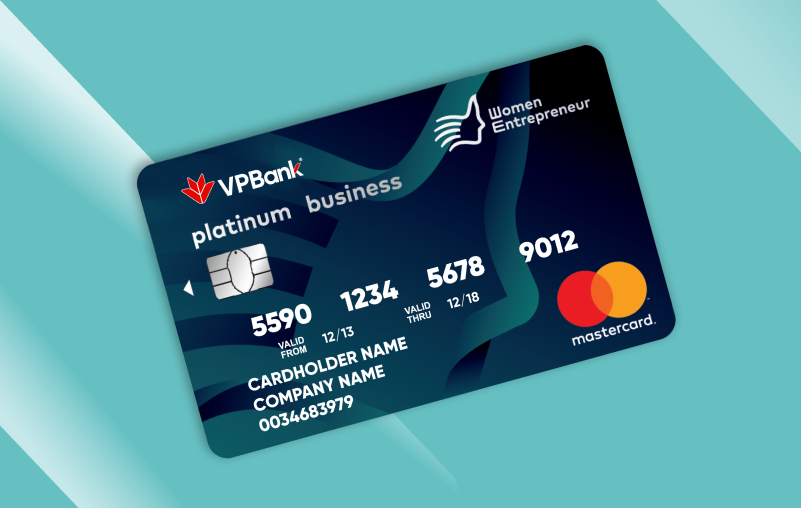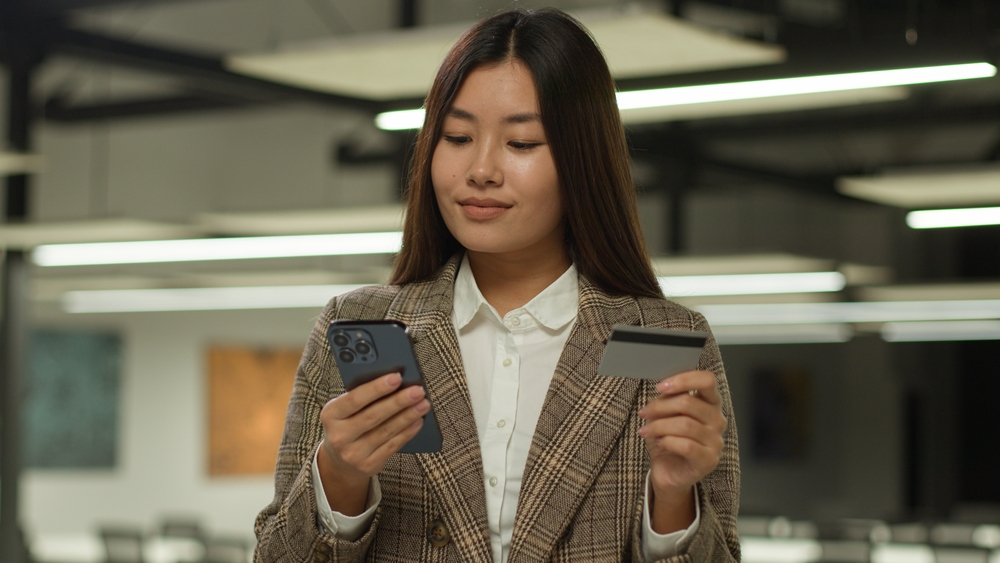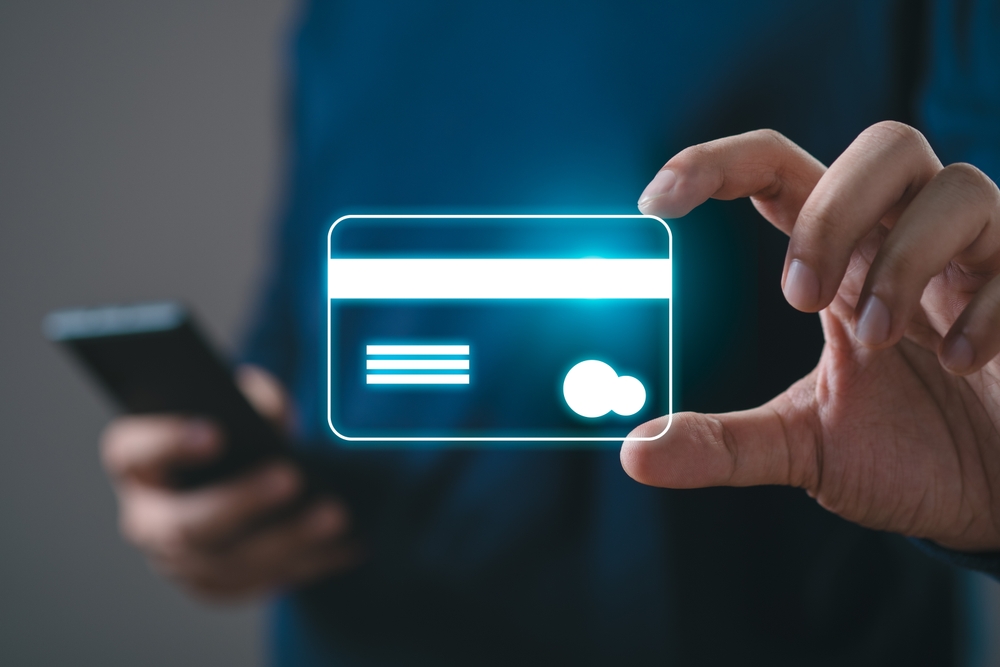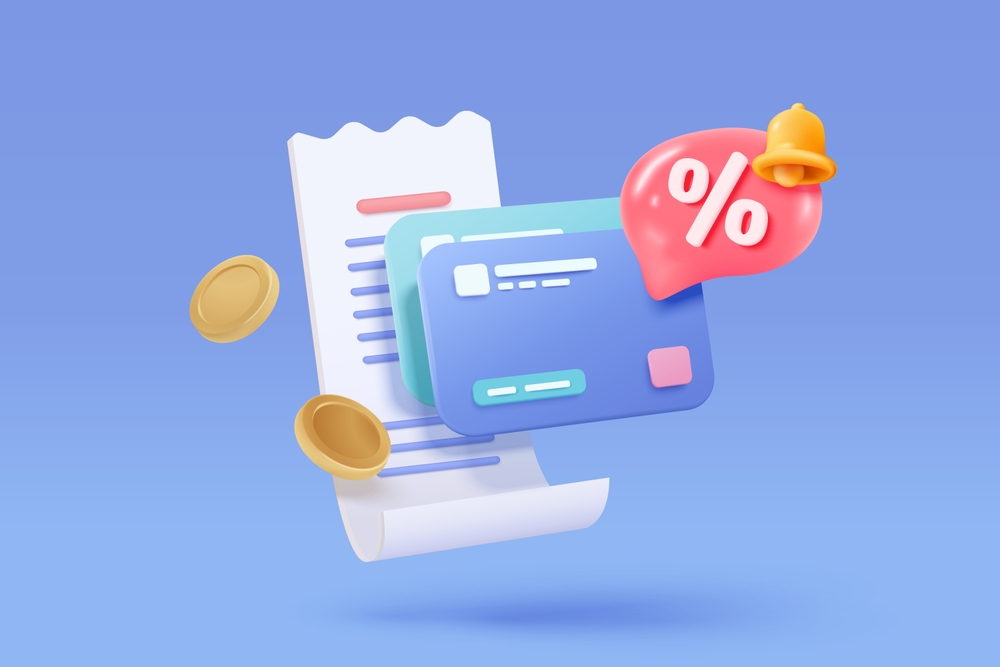Detailed explanation: Is it dangerous if your bank account number is exposed? Key things to watch out for to protect your bank account and prevent personal information from being leaked.
With the increasing popularity of online payments and banking transactions today, personal information security, especially bank account numbers, has become a top concern. But what happens if your bank account number is accidentally exposed? Let's find out with VPBank to answer your questions and better protect your account!
<button class="text-token-text-secondary hover:bg-token-bg-secondary rounded-lg" aria-label="Copy" aria-selected="false" data-testid="copy-turn-action-button" data-state="closed"></button><button class="text-token-text-secondary hover:bg-token-bg-secondary rounded-lg" aria-label="Good response" aria-selected="false" data-testid="good-response-turn-action-button" data-state="closed"></button><button class="text-token-text-secondary hover:bg-token-bg-secondary rounded-lg" aria-label="Bad response" aria-selected="false" data-testid="bad-response-turn-action-button" data-state="closed"></button><button class="text-token-text-secondary hover:bg-token-bg-secondary rounded-lg" aria-label="Read aloud" aria-selected="false" data-testid="voice-play-turn-action-button" data-state="closed"></button><button class="text-token-text-secondary hover:bg-token-bg-secondary rounded-lg" aria-label="Edit in canvas" aria-selected="false" data-state="closed"></button><button id="radix-«r45p»" class="cursor-pointer text-token-text-secondary hover:bg-token-bg-secondary touch:px-2.5 h-[30px] rounded-md px-1.5" type="button" aria-haspopup="menu" aria-expanded="false" data-state="closed"></button><button class="text-token-text-secondary hover:bg-token-bg-secondary rounded-lg" aria-label="Share" aria-selected="false" data-state="closed"></button>
1. Is It a Problem if Your Bank Account Number Is Exposed?
If you're wondering if having your bank account number exposed is a problem, you can rest assured that it is not. Publicly sharing your bank account number is completely normal and poses no inherent danger. When making transactions like paying bills or transferring money, you'll need to know the recipient's account number, and conversely, others will need your account number to send you money.

Moreover, having only your account number is not enough information for fraudsters to commit fraud or steal money. The risk only appears if you expose other sensitive information such as your login username, password, PIN, or OTP (One-Time Password) code. With this information, fraudsters can access your account and perform unauthorized transactions.
If you unfortunately find yourself in a situation where sensitive information is exposed, remain calm, contact your bank immediately, and follow their instructions to minimize risks and protect your assets.
2. Important Notes for Safe Bank Account Usage
Now that you understand that exposing your bank account number alone isn't a problem and you want to protect your account as best as possible, here are a few things to keep in mind:
2.1. Do Not Publicly Share Your Account Number on Social Media
Publicly sharing your account number on social media can expose you to "mistaken transfer" scams. In this scheme, fraudsters intentionally transfer money into your account, then demand you return it to a different account number. This can lead to you losing money without proof of repayment. Therefore, if you receive money from an unknown account, you should contact your bank to verify and handle the situation.
2.2. Only Shop Online on Official Websites
Online payments and shopping are convenient but also come with the risk of exposing account information or losing money, especially when encountering fake or insecure websites. Unofficial websites lacking security certificates can be places where fraudsters collect your banking information, such as account numbers, PINs, and sometimes even OTPs, to perform unauthorized transactions.
Therefore, when shopping online, only access reputable, official retail websites or well-known e-commerce platforms. Look for security certificates like the padlock icon in the address bar and prioritize websites with "https" security protocols. Additionally, if possible, you should use a bank card specifically for online transactions and carefully check your statements to detect any unusual activities early.

2.3. Never Provide Any Bank Account Information via Phone Calls or Text Messages
Dịch Web VPBank
Gem tuỳ chỉnh
Is Your Bank Account Number Being Exposed a Problem? Detailed Answers
With the increasing popularity of online payments and banking transactions today, personal information security, especially bank account numbers, has become a top concern. But what happens if your bank account number is accidentally exposed? Let's find out with VPBank to answer your questions and better protect your account!
1. Is It a Problem if Your Bank Account Number Is Exposed?
If you're wondering if having your bank account number exposed is a problem, you can rest assured that it is not. Publicly sharing your bank account number is completely normal and poses no inherent danger. When making transactions like paying bills or transferring money, you'll need to know the recipient's account number, and conversely, others will need your account number to send you money.
Moreover, having only your account number is not enough information for fraudsters to commit fraud or steal money. The risk only appears if you expose other sensitive information such as your login username, password, PIN, or OTP (One-Time Password) code. With this information, fraudsters can access your account and perform unauthorized transactions.
If you unfortunately find yourself in a situation where sensitive information is exposed, remain calm, contact your bank immediately, and follow their instructions to minimize risks and protect your assets.
2. Important Notes for Safe Bank Account Usage
Now that you understand that exposing your bank account number alone isn't a problem and you want to protect your account as best as possible, here are a few things to keep in mind:
2.1. Do Not Publicly Share Your Account Number on Social Media
Publicly sharing your account number on social media can expose you to "mistaken transfer" scams. In this scheme, fraudsters intentionally transfer money into your account, then demand you return it to a different account number. This can lead to you losing money without proof of repayment. Therefore, if you receive money from an unknown account, you should contact your bank to verify and handle the situation.
2.2. Only Shop Online on Official Websites
Online payments and shopping are convenient but also come with the risk of exposing account information or losing money, especially when encountering fake or insecure websites. Unofficial websites lacking security certificates can be places where fraudsters collect your banking information, such as account numbers, PINs, and sometimes even OTPs, to perform unauthorized transactions.
Therefore, when shopping online, only access reputable, official retail websites or well-known e-commerce platforms. Look for security certificates like the padlock icon in the address bar and prioritize websites with "https" security protocols. Additionally, if possible, you should use a bank card specifically for online transactions and carefully check your statements to detect any unusual activities early.
2.3. Never Provide Any Bank Account Information via Phone Calls or Text Messages
You might not know this, but banks never proactively call to ask you for personal information. Any call requesting sensitive user information could be a scam. Only provide information when you proactively contact the bank's official hotline. Be vigilant and absolutely do not disclose information through unknown calls

Tránh cung cấp thông tin cho cuộc gọi hay tin nhắn lạ
2.4. Absolutely Secure Credit Card/International Payment Card Information
Do not reveal sensitive information such as card number, expiration date, cardholder name, and especially the CVV code (the 3 numbers on the back of the card) – a crucial element for transaction verification. If fraudsters have all this information, they can use your card for online purchases without further verification.
To protect your CVV code, you can memorize it and then erase or cover this number on your card. Securing your card information will help prevent unintended financial losses.

3. What to Do if You Suspect Bank Account Risk?
If you suspect your bank account is at risk, you should immediately take the following steps to protect it:
-
Monitor Transactions: Regularly check your transaction history to detect any unusual or unauthorized transactions early.
-
Contact Your Bank: Call your bank immediately to report your suspicions. The bank will help check your account and provide security solutions if needed.
-
Change Passwords: If your bank account is linked to a mobile application, change your login password immediately. Ensure the new password is strong, hard to guess, and not reused from old passwords.
-
Consider Temporary Card Lock: Some banks allow temporary locking of ATM cards or credit cards. This will help prevent unauthorized transactions while you check your account security.
-
Be Wary of Strange Calls and Messages: If you receive a call asking for an OTP code or any sensitive information, absolutely do not disclose it. Fraudsters may exploit an exposed account number to gain more information.

Thus, with the information above, you should now understand whether having your bank account number exposed is a problem. Securing your banking information is crucial to avoid unnecessary risks. If you need further assistance or have any questions, please visit our official website www.vpbank.com.vn or contact VPBank's hotline 1900.54.54.15 for consultation and support in case of an incident! Be proactive in protecting your assets to always stay safe from all risks! 


